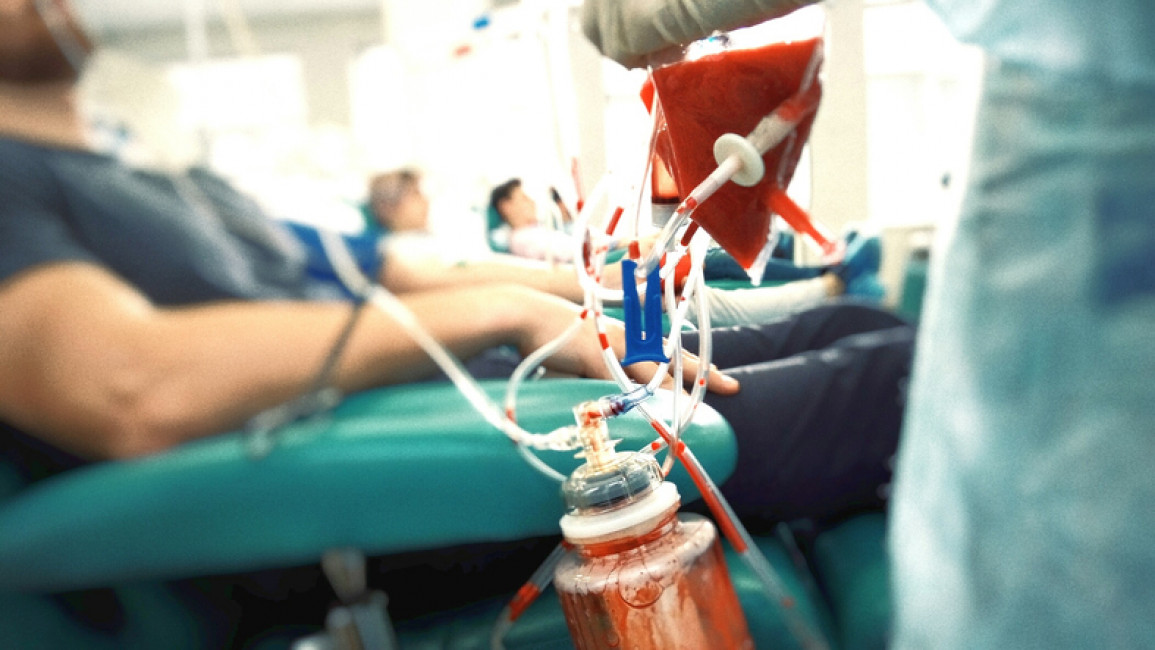Israel removes restrictions on gay men donating blood in 'historic move'
Israel on Thursday announced the removal of decades-old restrictions facing gay men seeking to donate blood, following similar moves by Britain and the United States.
"The prohibition on gay men donating blood was a relic of a stereotype that belongs in the past," Israeli Health Minister Nitzan Horowitz, himself a gay man, said in a statement.
"Any blood donor seeking to save lives will receive the same treatment, regardless of his gender or sexual orientation," he added.
From October 1, the forms to be filled prior to donating blood will be changed, a health ministry statement said.
"The clause prohibiting receiving blood from a man who had sexual relations with another man (even a permanent partner) will be cancelled," it said.
Questionnaires will instead include a new clause prohibiting donations from people who "had high-risk sexual relations with a new partner or multiple partners" for three months.
Gay men can currently donate blood if a year has passed since their last sexual encounter.
Another option is to have plasma from their blood frozen for four months to ensure the lack of "transmittable diseases", according to Magen David Adom, Israel's national medical first responders.
Magen David Adom also serves as the country's blood service organisation.
The Association for LGBTQ Equality in Israel praised the decision as a "historic move for the Proud community and the Israeli society on its way to equality".
"The blood of hundreds of thousands of citizens is not second class," the association said in a statement.
A recent health ministry report said that in 2020 there were 361 HIV positive people in Israel, five percent fewer than the previous year.
Israel's policy change follows Britain's decision in June to allow more gay and bisexual men to donate life-saving blood, and a similar move by the United States last year.



